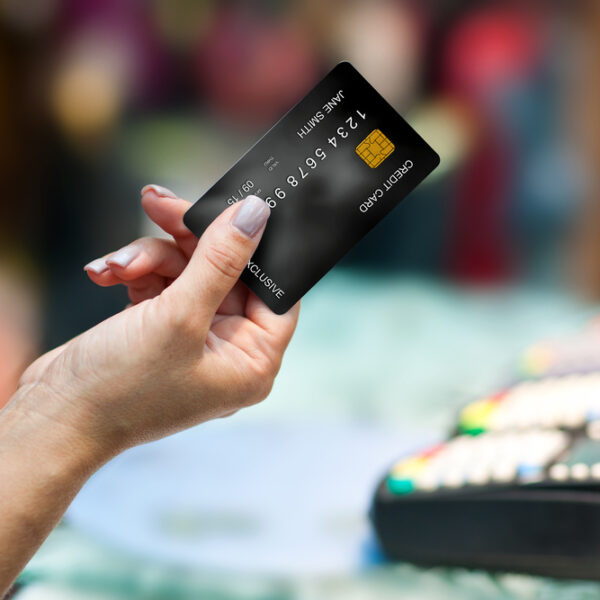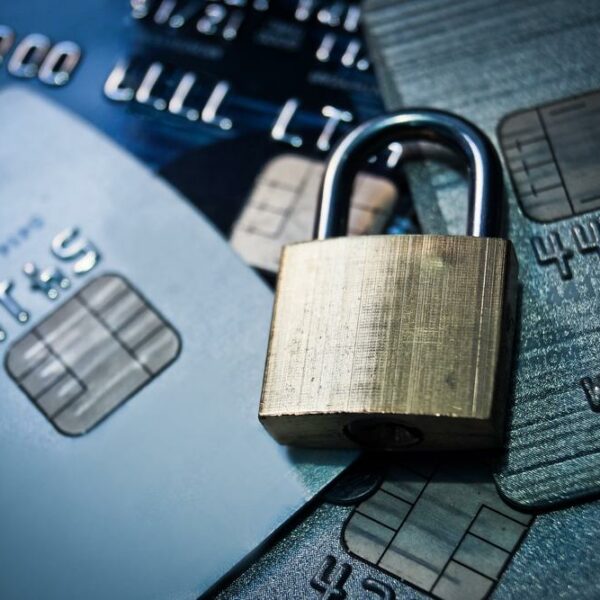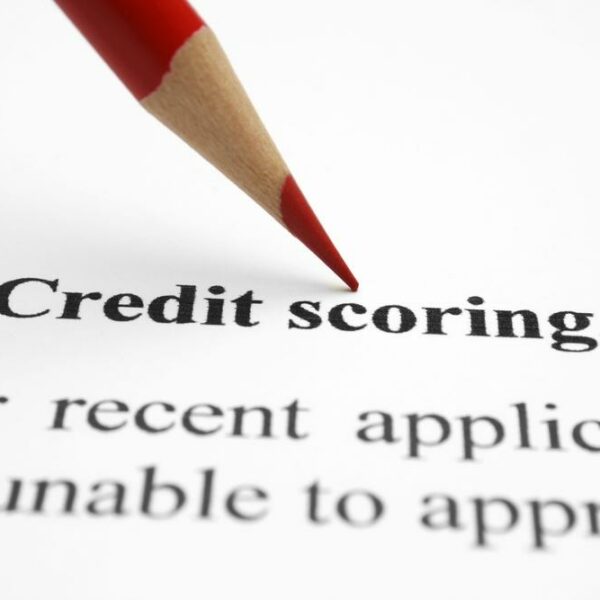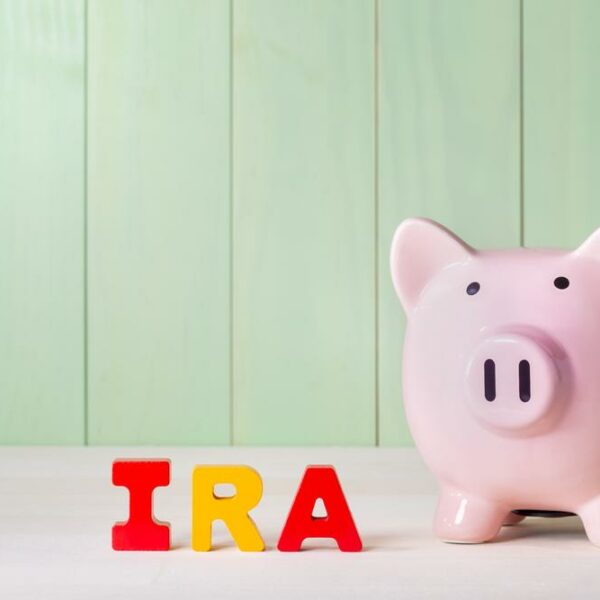
7 Reasons Why You Should Use Your Credit Card For Everything
A credit card is one of the easiest tools to navigate your finances through this economy. With different rewards and lucrative deals on offer, credit cards have made it simpler to make purchases and increase your credit score as well. If used carefully, there is a lot of things you can do with your credit card. Here are the top seven reasons why you should use your credit card for nearly everything. Helps in building up a great credit card rating : Having a good credit score really helps you procure loans and get access to low interest rates in the future. With timely payments and frequent usage, you can build up a good credit history, which will help you a lot to get financial assistance in the future. You can get loans without any additional security deposits or guarantees. Gives financial convenience: There is nothing as easy as swiping a card everywhere you make purchases. With groceries and bills taken care of with your credit card, it is a great way to simplify all of your spendings. However, you need to have a limit with billing, otherwise, you might end up losing quite a bit of money with the extra expenditures and land up in credit card debt.









